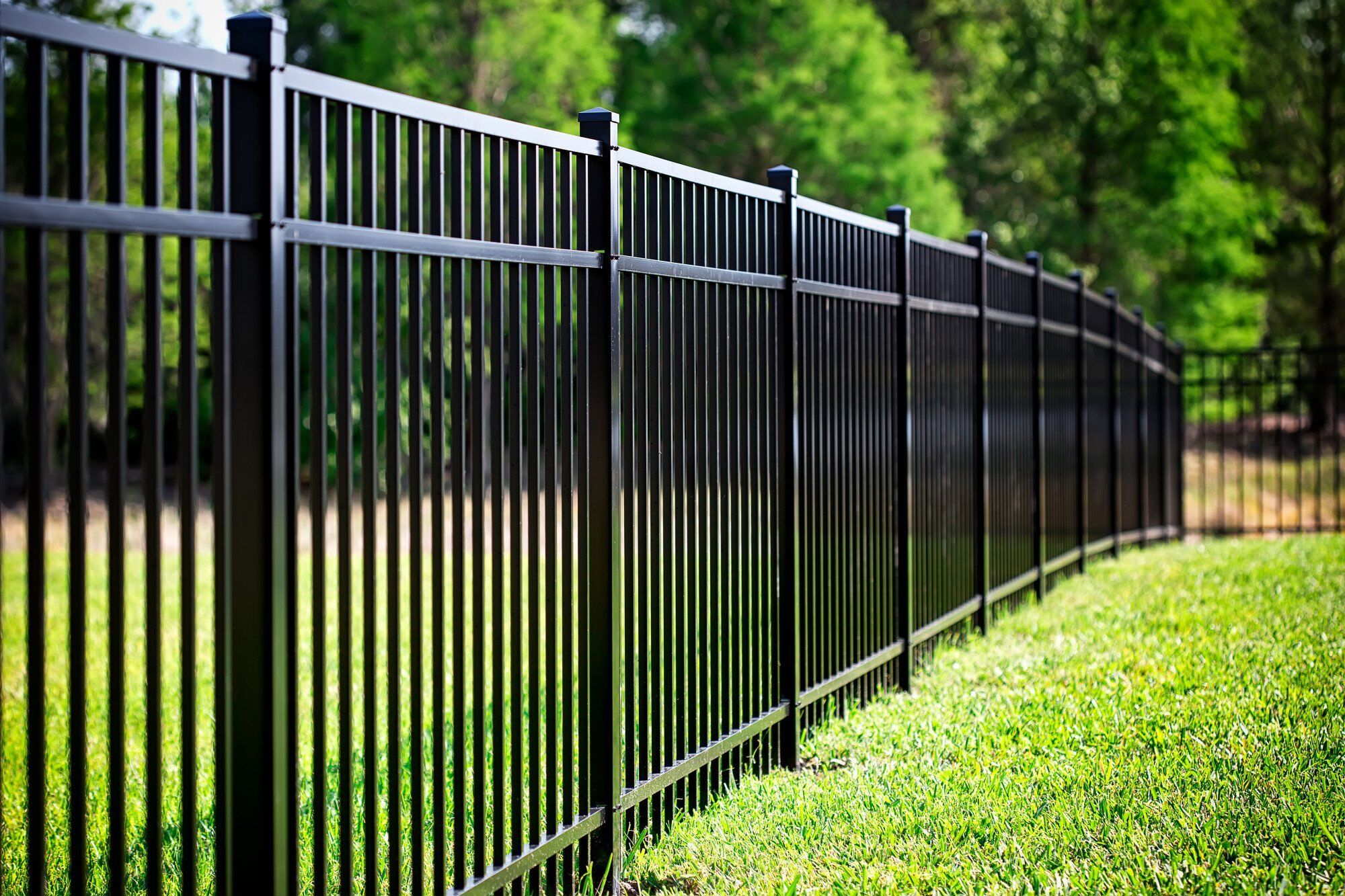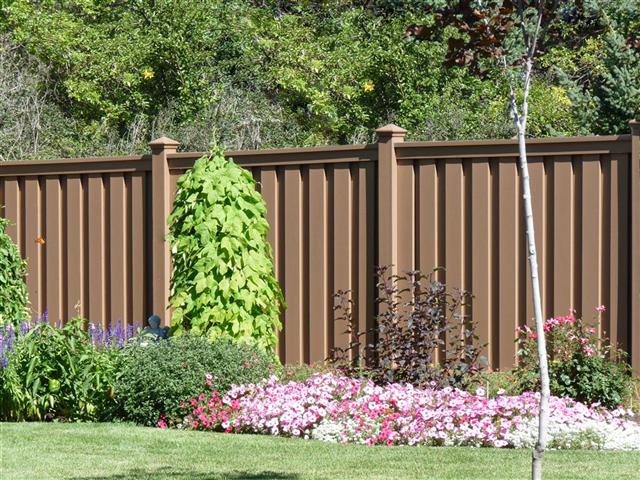All Categories
Featured

Vinyl fences are understood for their low-maintenance allure and durable sturdiness, making them an outstanding option for property owners looking for a elegant yet useful border for their building. Unlike timber, plastic does not require consistent painting or securing. Nonetheless, similar to any kind of exterior structure, vinyl fences still require routine cleaning to maintain them looking pristine and to extend their life-span. Below are some of the most effective practices for cleansing your vinyl fence.
- Regular Dusting and Sweeping. Routine care is vital to avoid debris from developing on your plastic fencing. The easiest way to keep your fencing is by frequently cleaning or sweeping off any type of dust, leaves, or various other particles that gather. Use a mop with soft bristles or a blower to remove dust and loosened materials from the surface. This will certainly prevent dust from resolving right into the grooves and will help keep the general cleanliness of the fence.
- Mild Soap and Water for Routine Cleaning. For routine maintenance, an easy soap and water solution functions wonders. It's a simple, effective way to clean your vinyl fence without creating damages. Below's just how to clean your vinyl fence with soap and water:
Action 1: Mix a mild detergent, such as meal soap, with warm water in a pail. Aim for around 1/4 mug of soap for every single gallon of water. Action 2: Dip a soft cloth, sponge, or non-abrasive brush right into the remedy and delicately scrub the surface of the fencing. Take notice of dust buildup on edges, edges, and low-lying locations where gunk may gather. Action 3: After cleansing the surface area, rinse it extensively with a yard hose pipe to get rid of all soap residue. This technique is terrific for light dirt and gunk and can be done every few months to preserve the look of your fencing.
- Make Use Of a Power Washing Machine for Stubborn Spots. If you've neglected your plastic fence for some time, or if it has built-up crud, mold and mildew, or mold, a power washer can be an efficient tool for deep cleaning. You need to utilize the proper pressure to stay clear of damaging the vinyl. Below's just how to securely power clean your vinyl fencing:

Step 1: Establish the power washing machine to a low-pressure setting, preferably around 1,500-2,000 psi. High pressure can damage the plastic surface area or trigger it to fracture. Step 2: Stand at the very least 2 feet away from the fence and begin splashing from the top down. This helps avoid streaks and makes sure that dust is washed off successfully. Action 3: Move the power washing machine nozzle in a side-to-side sweeping activity, and be certain to keep the water stress constant. Step 4: Wash the entire fence completely with water to eliminate dirt and detergent residue. Power washing is a superb option for huge fences or for those with consistent dirt and spots that soap and water can't eliminate.
- Removing Mold And Mildew and Mold. In moist or shaded locations, mold and mildew prevail problems for plastic fences. To combat this, you can use a remedy of vinegar or bleach to get rid of the growth and sanitize. Here's exactly how to deal with mold and mildew on your fencing:

Step 1: Mix one mug of white vinegar with a gallon of warm water. Mix 1/4 mug of bleach with a gallon of water. Action 2: Apply the solution to the influenced areas making use of a soft cloth or sponge. Let it rest for concerning 10-15 mins. Step 3: Rub the areas with a non-abrasive brush to lift the mold or mildew off the surface area. Step 4: Wash extensively to remove any type of cleansing option and particles. If you choose to make use of bleach, beware not to splash it on nearby plants or products, as it might cause damage or staining.
- Vinyl Fencing Cleaners for Difficult Discolorations. For tough, persistent spots like marker, grease, or tar residue, you can make use of a specialized plastic fencing cleaner. These items are created to securely tidy plastic without causing damage. Make sure to comply with the product's guidelines for ideal outcomes, and examination it on a little, low-profile location of the fence first.
- Preventing Future Dust and Stains. While cleaning is very important, protecting against future spots and build-up can make your upkeep routine much easier. Take into consideration these ideas for lasting maintenance:
Trim plants: Overgrown plants, vines, or shrubs can trap moisture versus your plastic fencing, leading to mold and mildew growth. Cut neighboring plants to make certain the fence continues to be clean and dry. Seal voids and splits: Inspect your fence consistently for splits or spaces, and seal any that you discover to maintain dust and water from entering the fence framework. Install a safety coating: Some homeowners apply vinyl-safe safety layers to their fences. These coatings can serve as a barrier versus dirt, UV rays, and water, decreasing the regularity of deep cleansing needed. 7. Professional Cleaning. If you're unsure about cleansing your fencing on your own, or if it requires a deep tidy, take into consideration working with a professional. Several cleansing companies supply fencing cleaning company and have the equipment and experience to take on difficult stains without damaging your fencing. They can likewise deal with high or large fences that might be challenging to clean up on your own.
Conclusion. Plastic fencings are low-maintenance, yet they still need regular care to maintain them looking their ideal. By utilizing mild soap and water for routine cleansing, using a power washer for persistent dust, and dealing with mold and mildew or mold quickly, you can guarantee your vinyl fence stays pristine. Regular cleaning, together with safety nets, will certainly prolong the life of your fence and maintain it enhancing the charm and safety and security of your property for years to come.
Latest Posts
Bid Farewell to Scrubbing: Bath Fitter's Uncomplicated Restroom Upgrade
Published Apr 22, 25
1 min read
Classy, Sturdy Floor Tile Flooring for each Space
Published Apr 22, 25
2 min read
Expert Vehicle Maintenance at Montclare Auto Repair - Fix Your Car Now!
Published Apr 22, 25
2 min read
More
Latest Posts
Bid Farewell to Scrubbing: Bath Fitter's Uncomplicated Restroom Upgrade
Published Apr 22, 25
1 min read
Classy, Sturdy Floor Tile Flooring for each Space
Published Apr 22, 25
2 min read
Expert Vehicle Maintenance at Montclare Auto Repair - Fix Your Car Now!
Published Apr 22, 25
2 min read